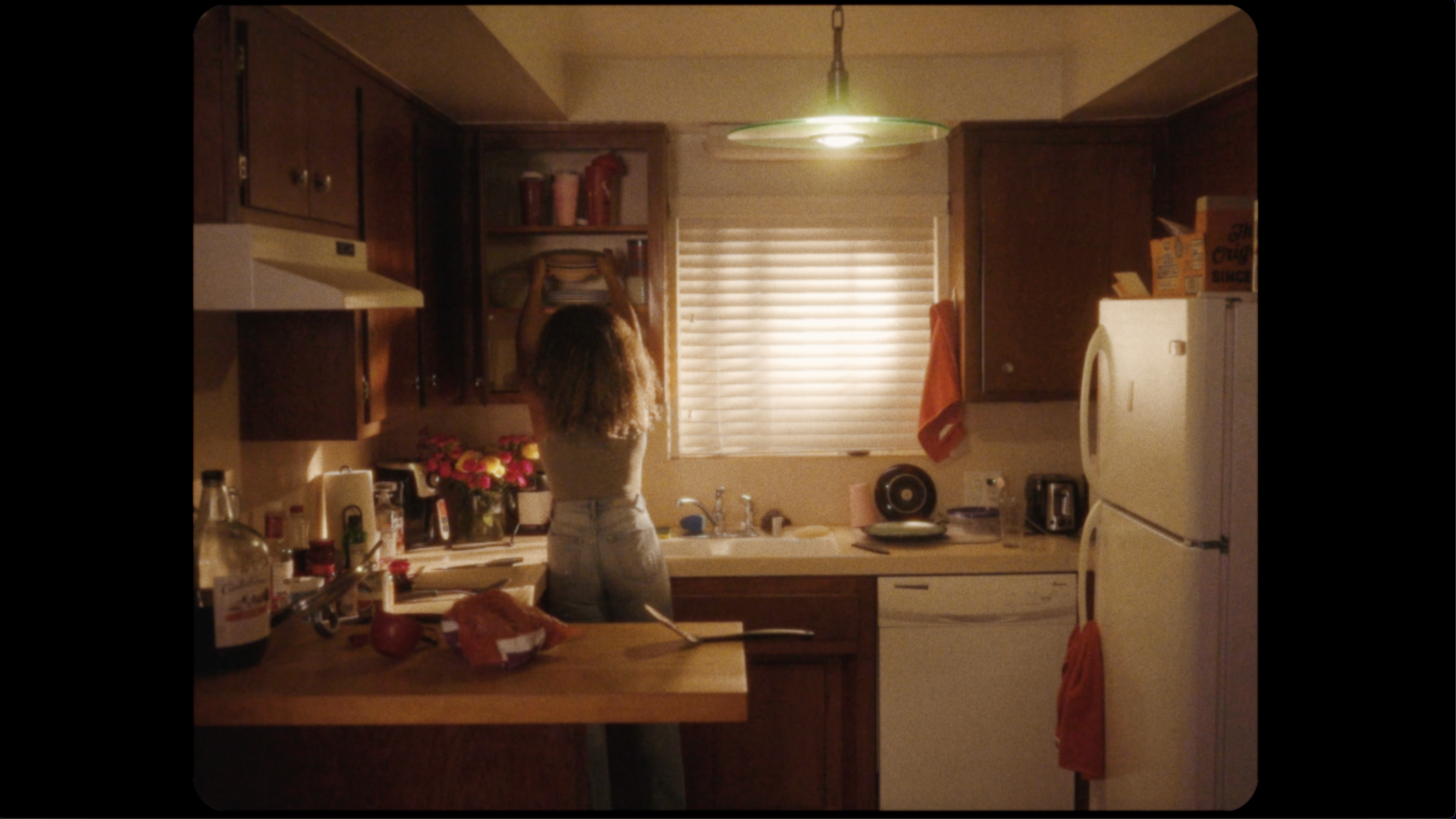Zoë Neugebohr describes her immediate family as being artsy, especially her mother, sister, and grandfather. Seeing their passion for art sparked an interest in her early on which was then nurtured by the adults who were a part of her life growing up in the Upper Midwest.
All of this interest in the arts during her adolescence would culminate into her becoming a filmmaker. She pursued a degree in film at the University of Southern California (USC) after completing her generals in Detroit, Michigan.
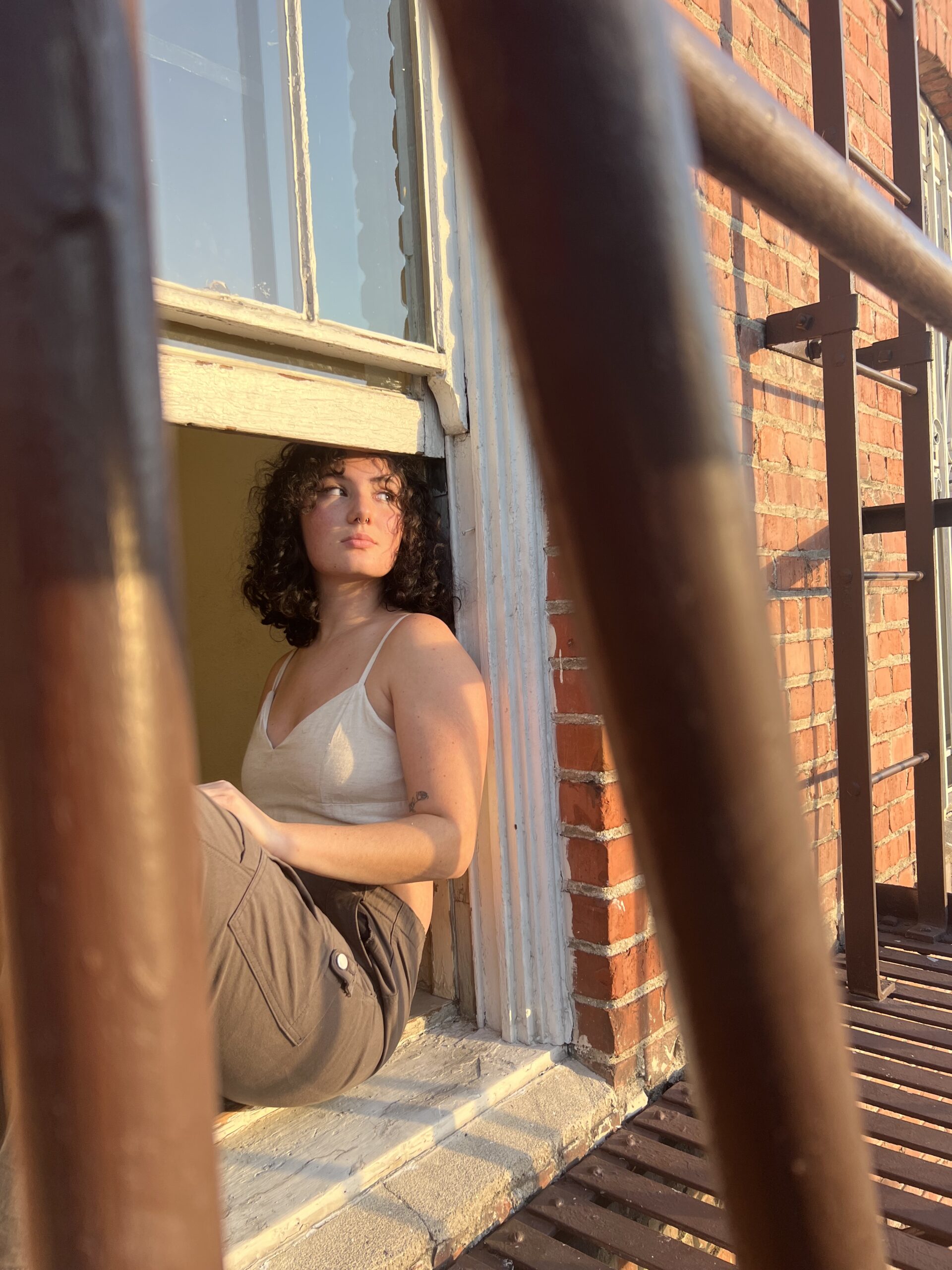
Neugebohr transferred to USC in 2020 and lived in Los Angeles for roughly three years. During this time, she honed her skills as a cinematographer and director on her early projects Shush and This Time Around. Neugebohr shot the latter as a part of her junior thesis project and stated that it is closest to her current stylistic approach as a director.
“The script and the story are really close to my heart,” she stated. “That’s probably my favorite project in that sense.”
Looking back, Neugebohr credits her upbringing in Minnesota as a big influence in her work. Many of her projects are grounded in reality and share aspects of her lived experience. “I grew up in a townhouse with just my mom and I,” she said. “My mom was working two jobs and going through nursing school.”
Each morning Neugebohr’s mother would drop her off at her grandmother’s farm. She found films such as The Florida Project (2017) reminiscent of her childhood and wanted to create works that could evoke those memories on screen.
Another aspect that has become a part of Neugebohr’s approach to film is embracing her Native identity. “My process reconnecting with my culture really came once I moved back to Michigan and once he started coming around more,” she said.
Her mother and grandfather’s challenging relationship added to the distance until the two reconciled later in life. That was when Neugebohr rediscovered her Ottawa heritage.
Neugebohr challenges herself to create characters starkly different from her, while also blending in personal elements. It took her some time to fall in love with the screenwriting process. Unlike other forms of writing, she found it to be devoid of detail, but embraced the ability she had to develop characters through her screenplays.
She enjoys engaging actors in character work due to the collaborative nature it gives her directing. “They just carry so much wisdom and so much talent in them, and the fact that they’re able to embody a completely different person is always baffling to me,” she said.
A Renewed Appreciation
Once Neugebohr graduated from USC, she made her way back to Detroit. Hesitant to return home and abandon her life in LA, she recalled “I was really terrified of moving home because I was like, there’s no film in Michigan. I’m not excited and all the incentives are gone.”
That concern went away when she met Paris Jones, founder of Paris Films, an independent production company in Detroit. Working with Paris Films served as a masterclass for Neugebohr. She was able to experience the filmmaking scene in Detroit, which gave her a whole new appreciation of her city.
“Detroit’s history is just so rich, and strong, and constant,” she exclaimed. “No other city has been burned down the way we have and then had to rise up again and be a functioning city.”
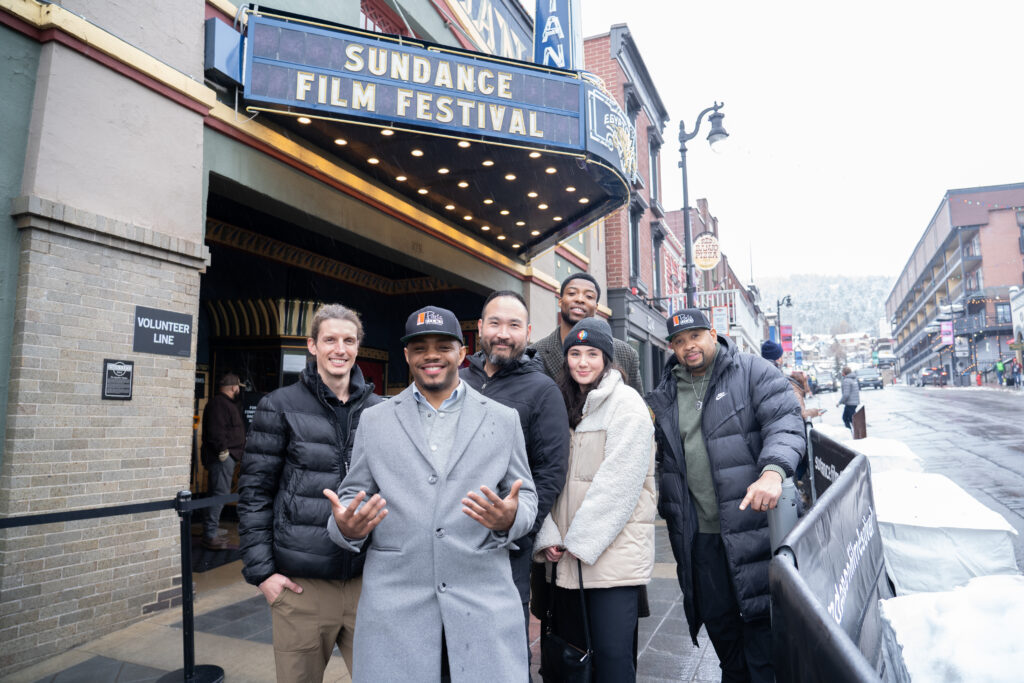
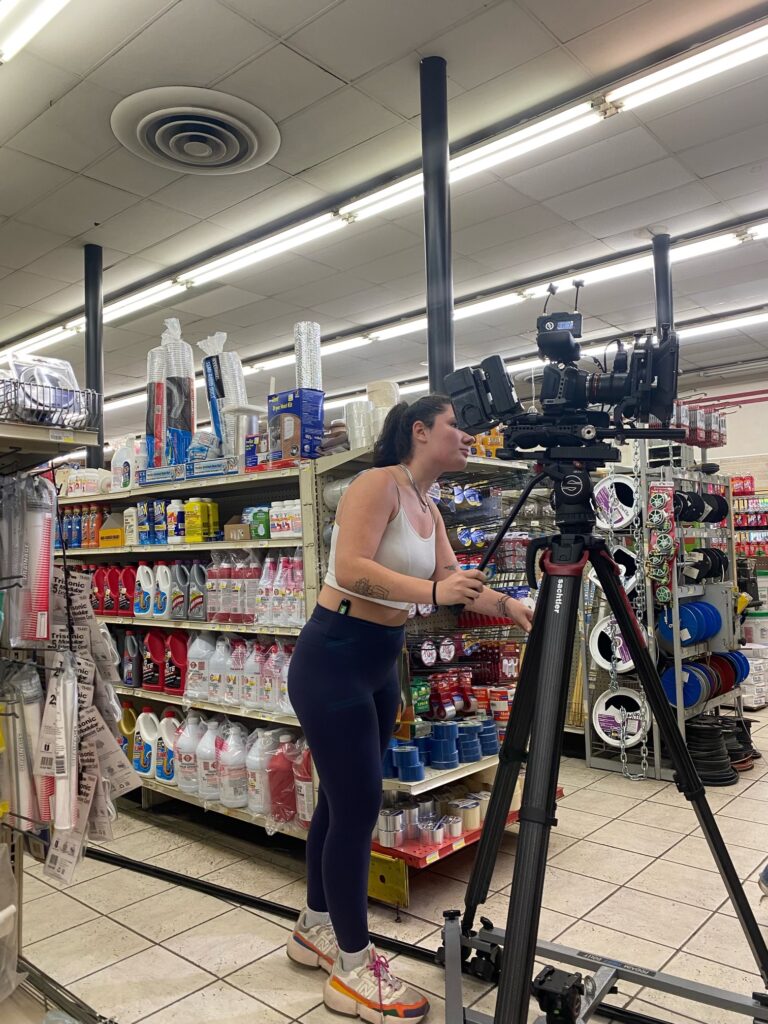
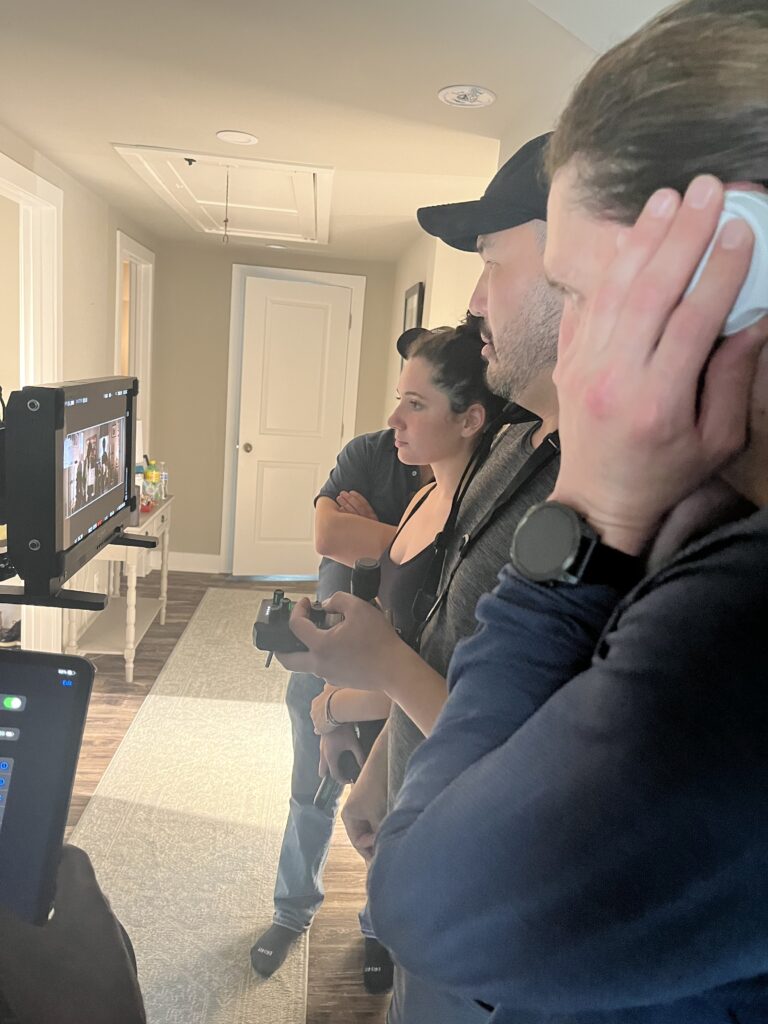
Much of the films that the production company creates are low budget features with high returns. This shifted Neugebohr’s perspective to seeing the practical business elements of film alongside the creative. She wore many different hats on set and was able to understand the roles that are needed on a production, further adding to her directorial skills.
In 2022, Neugebohr was able to further develop her career after being accepted into the Full Circle Fellowship as part of Sundance Institute’s Indigenous Program. The program helps fellows apply an indigenous lens to their storytelling and provides early career mentoring.
Through the fellowship she developed the concept of her short film A Funny Feeling, based on a real life panic attack she experienced in a CVS. The film takes her experience and examines mental health under capitalism.
“Humor is often the thing that gets me through things, but the entire time I’m having the panic attack, the way I’m trying to calm myself down is [thinking], ‘This would be a really great film,” she said.
Neugebohr shot the film last August and is going through post production currently.
